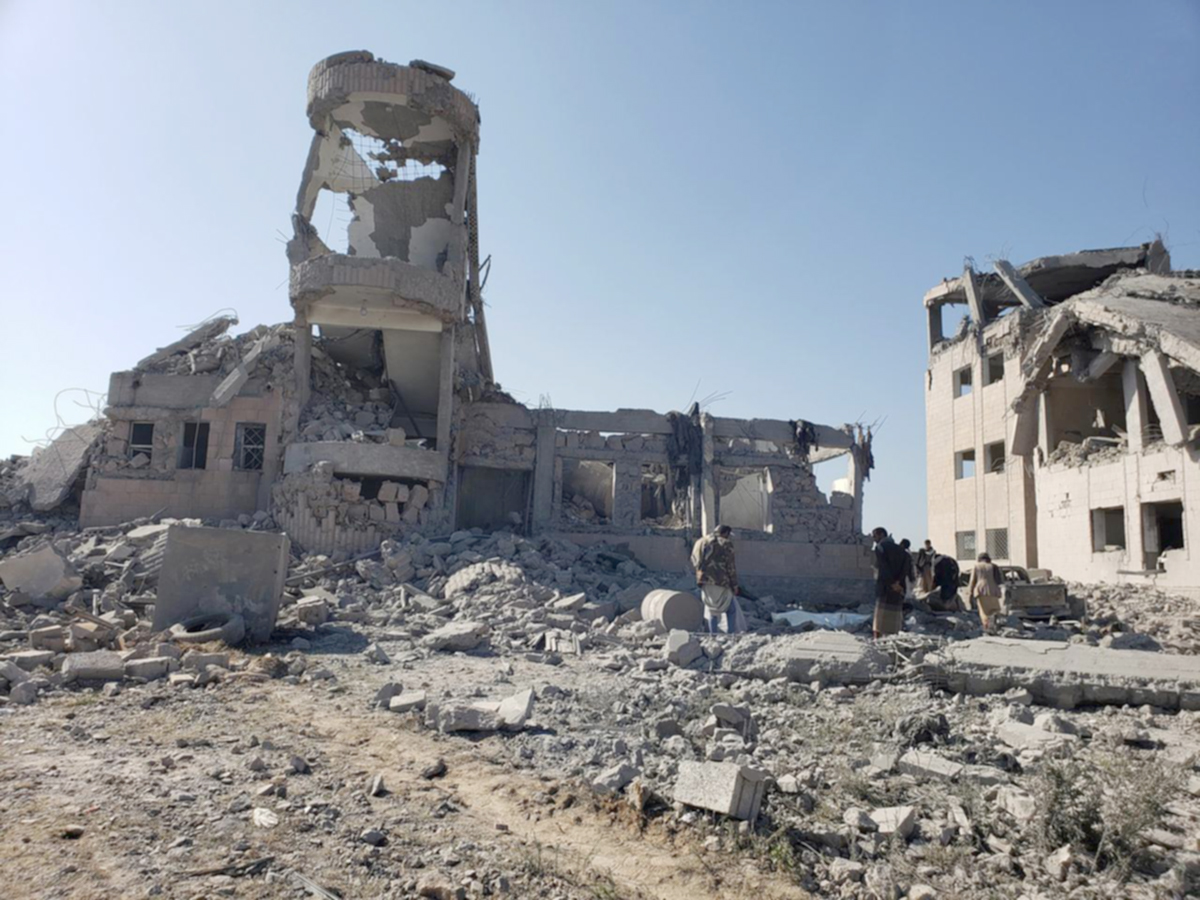UN investigators have also compiled secret list of 160 ‘main actors’ among Saudi, Emirati and Yemeni top brass. The United States, United Kingdom and France may be complicit in war crimes in Yemen by arming and providing intelligence and logistics support to a Saudi-led coalition that starves civilians as a war tactic, the United Nations has said. A UN panel announced on Tuesday that investigators compiled a secret list of possible international war crimes suspects, drawn from their latest report into violations during the four-year conflict between a coalition of Arab states and the Houthi movement that controls Yemen’s capital.
Investigators found potential crimes on both sides, while also highlighting the role Western countries have played as key backers of the Arab states and Iran has played in support of the Houthis. The report accused the anti-Houthi coalition led by Saudi Arabia and the United Arab Emirates of killing civilians in air raids and deliberately denying them food in a country facing famine. The Houthis for their part have shelled cities, deployed child soldiers and used “siege-like warfare”, it said.
The Houthis drove Yemen’s internationally-recognised government out of the capital Sanaa in 2014. The Saudi-led coalition of Sunni Muslim states intervened the following year to restore the ousted government in a conflict that has since killed tens of thousands of people. The prospect of famine has created what the UN describes as the world’s biggest humanitarian crisis.
Secret list of suspected perpetrators
The UN report said its independent panel had sent a secret list to UN human rights Chief Michelle Bachelet, identifying “individuals who may be responsible for international crimes”. Its appendix lists the names of more than 160 “main actors” among Saudi, Emirati and Yemeni top brass as well as the Houthi movement, although it did not specify whether any of these names also figured in its list of potential suspects.
Saudi-Led forces launch air attacks against Houthis
“Individuals in the Government of Yemen and the coalition, including Saudi Arabia and the United Arab Emirates, may have conducted air strikes in violation of the principles of distinction, proportionality and precaution, and may have used starvation as a method of warfare, acts that may amount to war crimes,” it said. “The legality of arms transfers by France, the United Kingdom, the United States and other states remains questionable, and is the subject of various domestic court proceedings,” it added. Commenting on the report, Noha Aboueldahab, a fellow at the foreign policy programme at the Brookings Institution told Al Jazeera that developing a list of perpetrators was within the UN’s mandate. “It is part of the UN’s mandate to try to identify violations and humanitarian law crimes and, where possible, to identify those responsible for those violations. In terms of developing this list of potential perpetrators is within the UN’s mandate. “Although it is difficult to say who is on the list, it would be interesting to see if there are any individuals on this list from the US, France and UK,” she added.
Failed accountability
The report also said that it found that a Joint Incidents Assessment Team set up by Saudi Arabia to review alleged coalition violations had failed to hold anyone accountable for any strike killing civilians, raising “concerns as to the impartiality of its investigations”. Houthis: Saudi-led coalition bombs Yemen prison, kills dozens. The UN panel said it had received allegations that Emirati and affiliated forces had tortured, raped and killed suspected political opponents detained in secret facilities, while Houthi forces had planted land mines. Air strikes by the Saudi-led military coalition in southwest Yemen hit a prison complex, killing scores of people, the Houthi movement and a Red Cross official said on Sunday.
Aboueldahab said that while justice could take time, the UN report was essential for building a case against suspected perpetrators. “The statements coming out of the UN and multiple reports calling for accountability will probably not led to immediate prosecution, the information in these reports is absolutely crucial to build cases in the future.”


